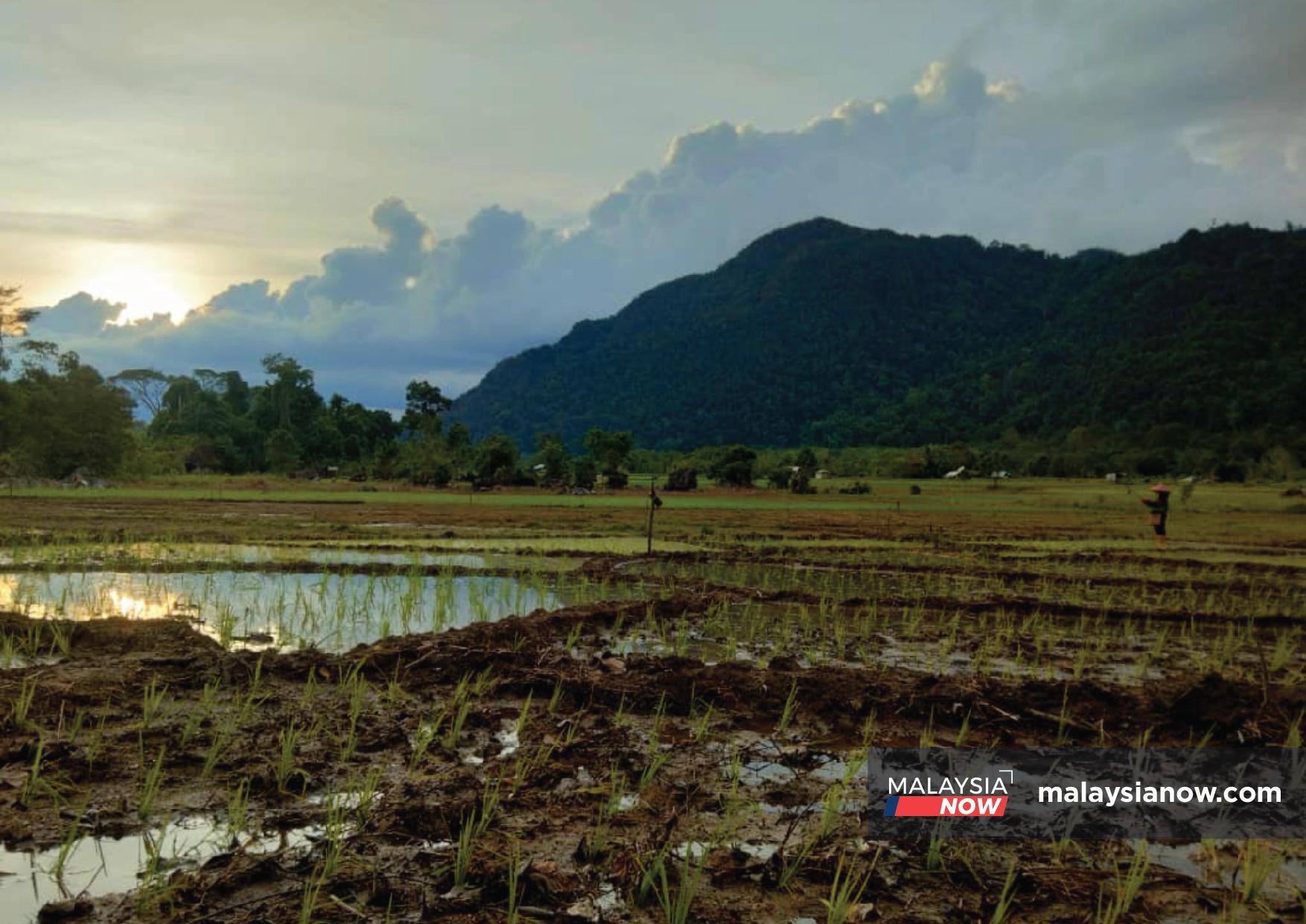Where education is a luxury, not a right
On the outskirts of Sarawak, even those who are accepted into university know that this comes at a price.
Sitting in the shade of a canopy on a hot day on the outskirts of Sarawak, Ellysia Vina, Claudia Jessica Isabel and Alicia Ann swing their legs and chat as they wait for their turn to collect the free SIM cards being given as part of efforts to increase internet access in their area.
Although outwardly different, they share one common trait: all three are among the first from their village to be accepted for study at a public university in the state.
But while they are glad to have an opportunity to further their studies, they know that it comes with a catch.
Coming from families in the lower-income bracket, for them, earning a degree will mean another economic burden on their parents who already work from dawn to dusk to make ends meet.
Aware of the financial constraints, they do their best to help out.

Two years ago, Ellysia decided to look for a job while waiting for her STPM results. Like many of her friends who also graduated around the same time, she knew that she would need extra savings if she was to have any hope at all of going to university.
She found a part-time position as an enumerator and spent months walking from house to house from early in the morning until late noon, dressed in her best formal wear, interviewing households to collect their family details.
It was hot, tiring work, but she wanted to do everything she could to earn some money. Working as an enumerator brought her about RM1,000 a month.
While she was eventually accepted into university, life only seemed to become more challenging, not less. After the Covid-19 pandemic hit, she had to juggle her expenses in order to ensure sufficient internet access to follow her classes online.
Soon, she was spending most of her money just paying for internet access so that she could keep up with her studies.

Yet, she and Claudia are considered fortunate as they live in villages where internet connectivity is even available in the first place. For Alice, there is no such luxury at her village.
Even so, the three of them are better off than many others. They are among the lucky ones as their fathers still make a steady living, working in padi fields and pepper farms. Unlike the parents of some of their friends, they can afford to buy new clothes and enough food for their family.
Many young people in the area of Tebedu, a rural town in Serian located at the Sarawak-Kalimantan border, come from families too cash-strapped to even dream of luxuries like university.
Claudia, who comes from Kampung Tema Saan, said many teenagers in her village do not continue studying once they are done with school.

“Like my cousin. She didn’t continue her studies because she could not afford to. She didn’t want to burden her parents so she decided to work.
“I feel sorry for her because she was a good student. She scored many A’s for her SPM,” Claudia told MalaysiaNow.
Serian has come a long way from where it was 60 years ago, when Sarawak was still fresh from independence and had just overcome the threat of the Indonesia-Malaysia confrontation.
The influx of local migrants eventually shaped it into a land known for its offer of easy money for the underskilled. For the past five years, it has seen a gradual shift in development, moving from oil palm plantations to pepper farms and padi.
Still, many youth are jobless and had been even before the pandemic. Lacking the necessary qualifications and skills, they end up like 19-year-old Christopher Ginola.

Christopher had just started working at a hair salon in Serian when Covid-19 hit and the string of lockdowns was imposed.
With the salon closed under preventive health measures, Christopher was forced to become a day labourer at an oil palm plantation. There, he works day in and day out, snatching up the loose kernels littered on the ground.
Sometimes, he works for 12 hours carrying heavy loads on his back.
“I cannot miss anything,” he told MalaysiaNow. “Not even one thing, otherwise my pay will be cut.”
But this, too, is meagre and not enough to meet his expenses.
He said many other children and teenagers do similar work, toiling away in mines or on plantations.
“They have to do this to help their families,” he said. “Most of them went to school until Standard Six.
“Here, children have to start working at a young age and ignore their education because of poverty.”
Subscribe to our newsletter
To be updated with all the latest news and analyses daily.
